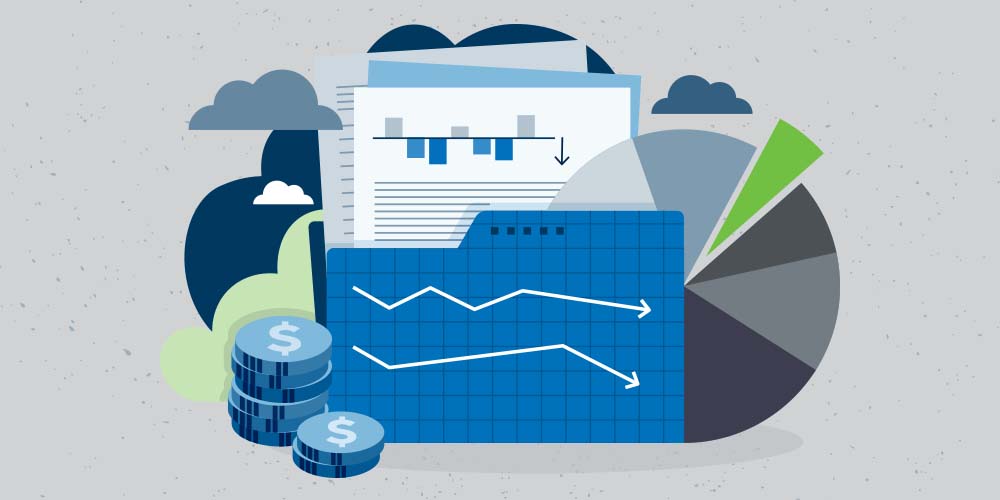Deciding whether to switch your financial advisor can be a tough decision. It can appear daunting if you’ve never done it before. At the end of the day, evaluating your situation now and pivoting to a new advisor can have a positive impact on your future.
How do you know when to switch? It may be easier than you think
The reasons for switching to a new financial advisor will, of course, depend on your unique circumstances. Regardless of where you're at, here are a few valid reasons why you might consider switching:
- You're not satisfied with your current advisor
- You're not meeting your goals
- You don’t have a clear plan or don’t understand it
- You feel you’re not getting the communication you need
- You simply want a second opinion
- You've got a gut feeling that something’s not right
- You don't have a clear picture of where your fees are going
- You're not getting advice that matches your goals
Did any of these reasons stand out to you? Or maybe they reminded you of other issues you've experienced? If so, it's probably time to consider switching.
How do you start the switch?
Once you’ve decided that you want to find a new financial advisor, you'll want to work through the next steps:
- Look at your current contract, if you have one, and determine if there are any fees to move to a new advisor. For example, some firms have proprietary investments that can't be moved elsewhere and could require you to cash them out. Transfer fees are also common.
- Know the reasons you want to make the switch and revisit your goals so that you know what you value in an advisor
- Collect your investment information
- Start talking to other advisors and get a second opinion on your current plan/investments (more on this below)

Nowadays, your financial advisor choices are endless. You'll need to really think about your financial goals so that you can find the expert that's right for you. After all, this is an impactful relationship that can help you live the life you want.
Where can you find a new financial advisor?
First, take a bit of time to search online and talk to trusted friends and family who can attest to an advisor’s investment success and client management style. Testimonials from people you trust are key.
If you have an initial consultation (usually at no cost), you’ll want to determine the advisor’s experience, their education or certifications, how and how often they communicate with their clients, their fees, sales charges, any penalties and how they get paid (for example, do they receive commissions on sales of financial products). In addition, you'll want to get a sense of who they are as a person and if their values align with yours. You'll be putting a lot of trust in this person so they should be someone you feel comfortable with.
In short, you want to get the most out of your relationship with your advisor.
When and how do you tell your current advisor that you've found someone new?
Once you’ve found someone that you believe will work better for you, they can take the appropriate steps and handle the paperwork electronically so that (if you want) you don’t have to speak with your current financial advisor. If you like having closure, a conversation with your current advisor to address issues and your decision to move can wrap things up in a way that satisfies you both. Remember it’s always up to you.
No matter who you choose as your new financial advisor, you key is to find someone who listens to you, doesn’t try to upsell you, understands your particular circumstances and goals, and provides you with a plan that works for you.
If you've decided it's time to look for a new advisor, you can reach out to one of our experienced wealth advisors to have a conversation or get a second opinion on your current plans.


